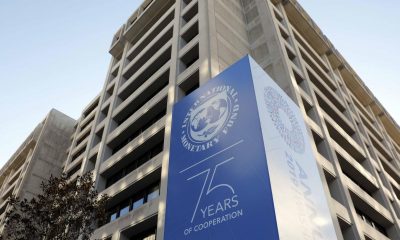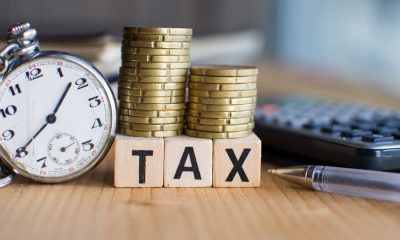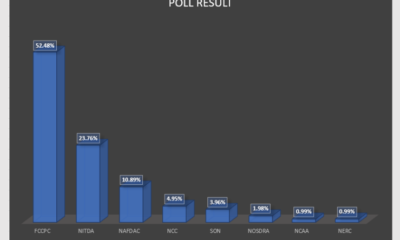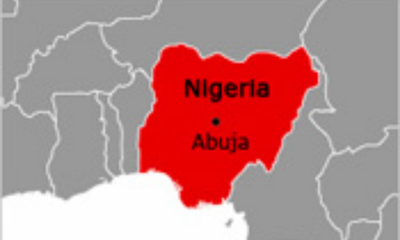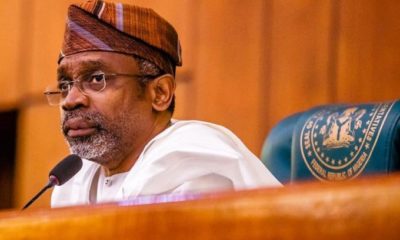Business
Digitalisation Of MSMEs Can Increase Nigeria’s GDP By $50bn – NITDA

The National Information Technology Development Agency (NITDA) says that digitalisation of Micro, Small and Medium Enterprises (MSMEs) could increase Nigeria’s Gross Domestic Product (GDP) by 50 billion US dollars.
The Director-General, NITDA, Mr Kashifu Inuwa Abdullahi, said this during his visit to the GIZ/Digital Transformation Centre, Nigeria office as a special guest at its Techmybiz pitch-a-thon event in Victoria Island, Lagos.
Abdullahi said that digital transformation of MSMEs would help to grow the nation’s economy.
He said that according to recent research, any MSME that transformed digitally could increase its revenue by 26 per cent and reduce cost by 22 per cent.
“Statistical research in 2018 showed that digitally transformed enterprises contributed $13.5 trillion to the global GDP, and it is projected that in 2023, it will reach $53.3 trillion, which is more than 50 percent of the global GDP.
“Therefore, if we in Nigeria can digitally transform our MSMEs, it could add 26 per cent to GDP or to the revenue of the MSMEs.
“Today, MSMEs contribute 43 per cent to Nigeria’s GDP which is about $205 billion. Twenty-six per cent of this means digitisation of our MSMEs can increase our GDP by $53 billion,’’ the NITDA boss said.
He said that the Federal Government was committed to digitally transforming the economy through a seven-point strategic roadmap and action plan.
Guinness World Records Breaks Silence On Proposed 200-Hour Sex Marathon
Abdullahi stressed that federal government regulations was not to stifle businesses, but rather to influence businesses to unlock opportunities using technologies.
According to the NITDA boss, it has many regulations to protect the market, enable innovation and improve service delivery.
He highlighted the strategic action plan that supported MSMEs as a developmental regulation meant to create an enabling environment for startups or MSMEs.
Abdullahi said that the second pillar of the plan was about digital literacy and skills, because digitalisation or digital transformation or digital economy was a knowledge-based economy in which human capital was the most valuable resource.
He said: “NITDA wants to achieve 90 per cent digital literacy by 2030. We want every Nigerian to be able to use digital devices to access digital services.
“Every country needs to field in-country skills and build its digital offering, so NITDA started the initiative of training one million developers in 2022.
“So far, we have trained 219,000 Nigerians on different aspect of technology.
“On digital literacy, NITDA has trained more that three million Nigerians through various channels.’’
(NAN)
Send Us A Press Statement Advertise With Us Contact Us
And For More Nigerian News Visit GWG.NG



